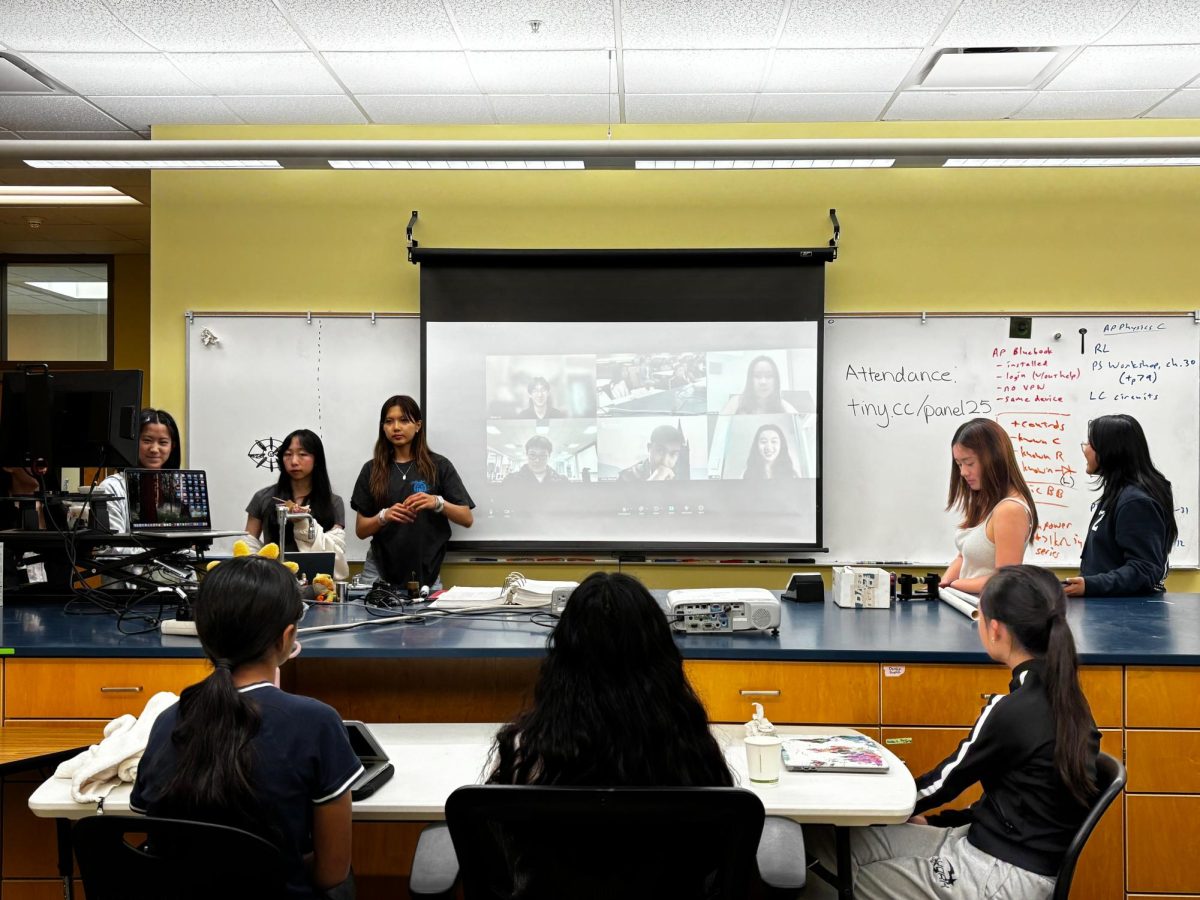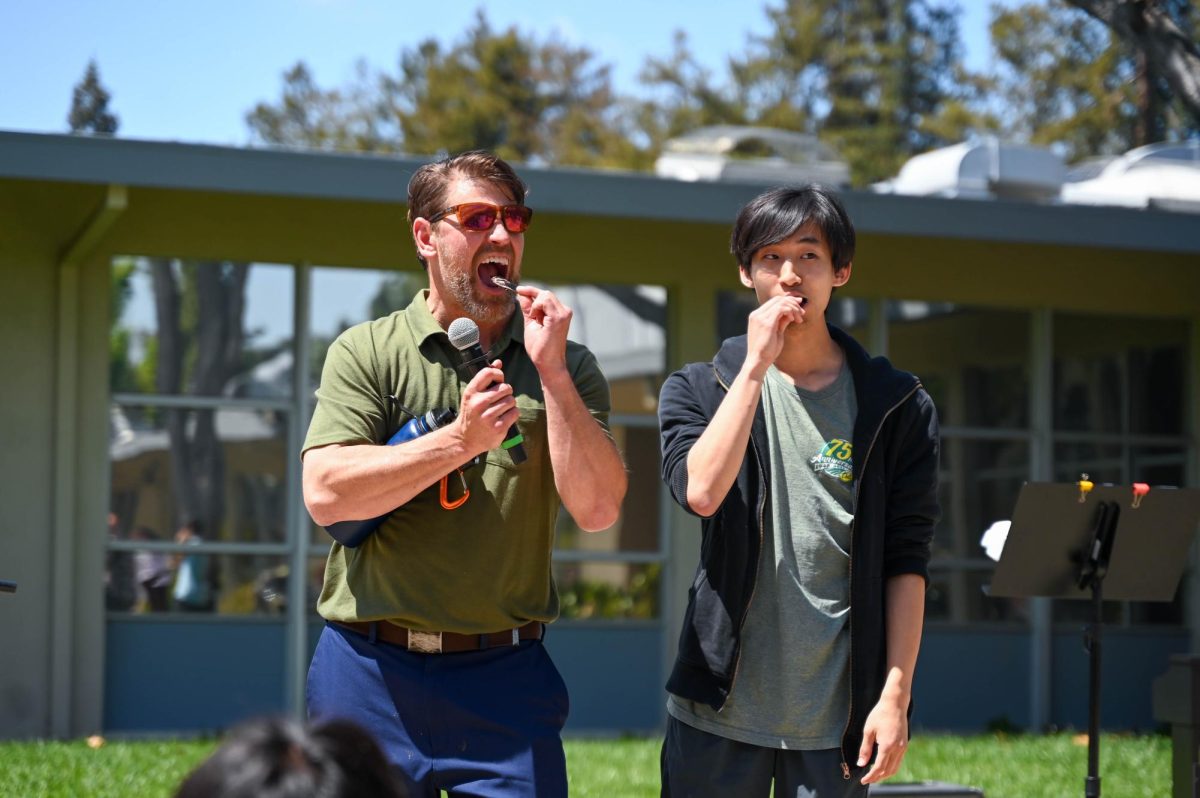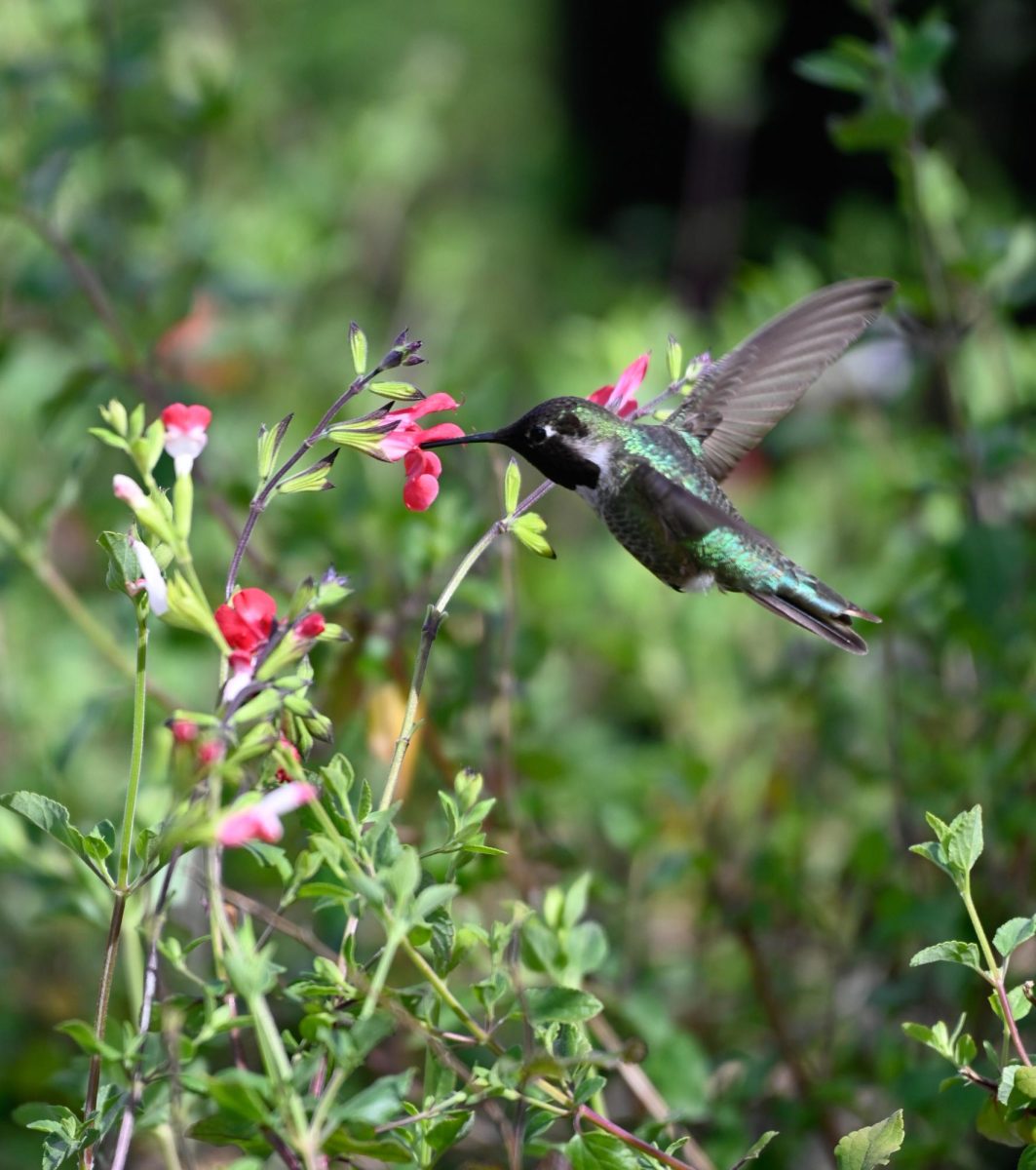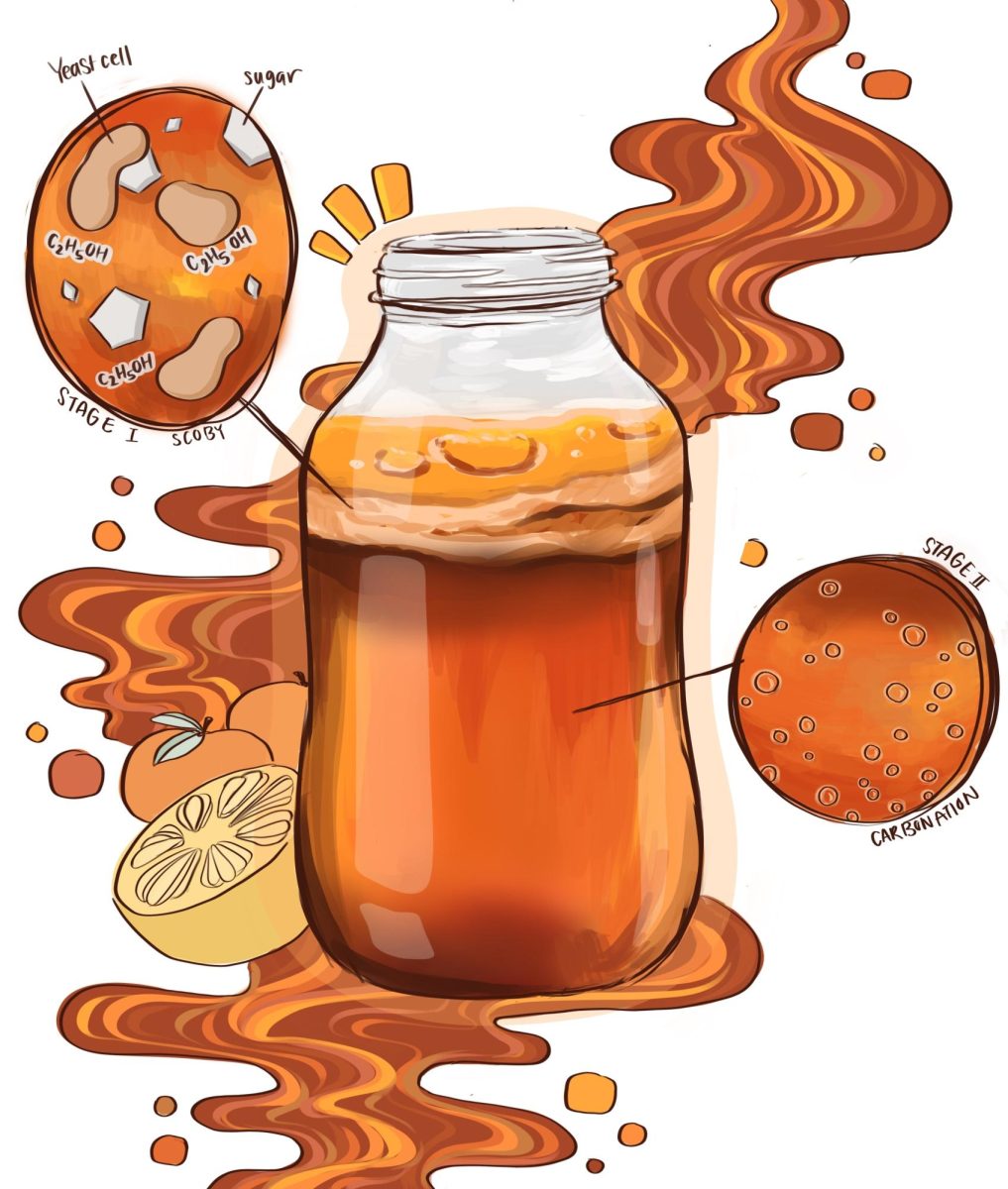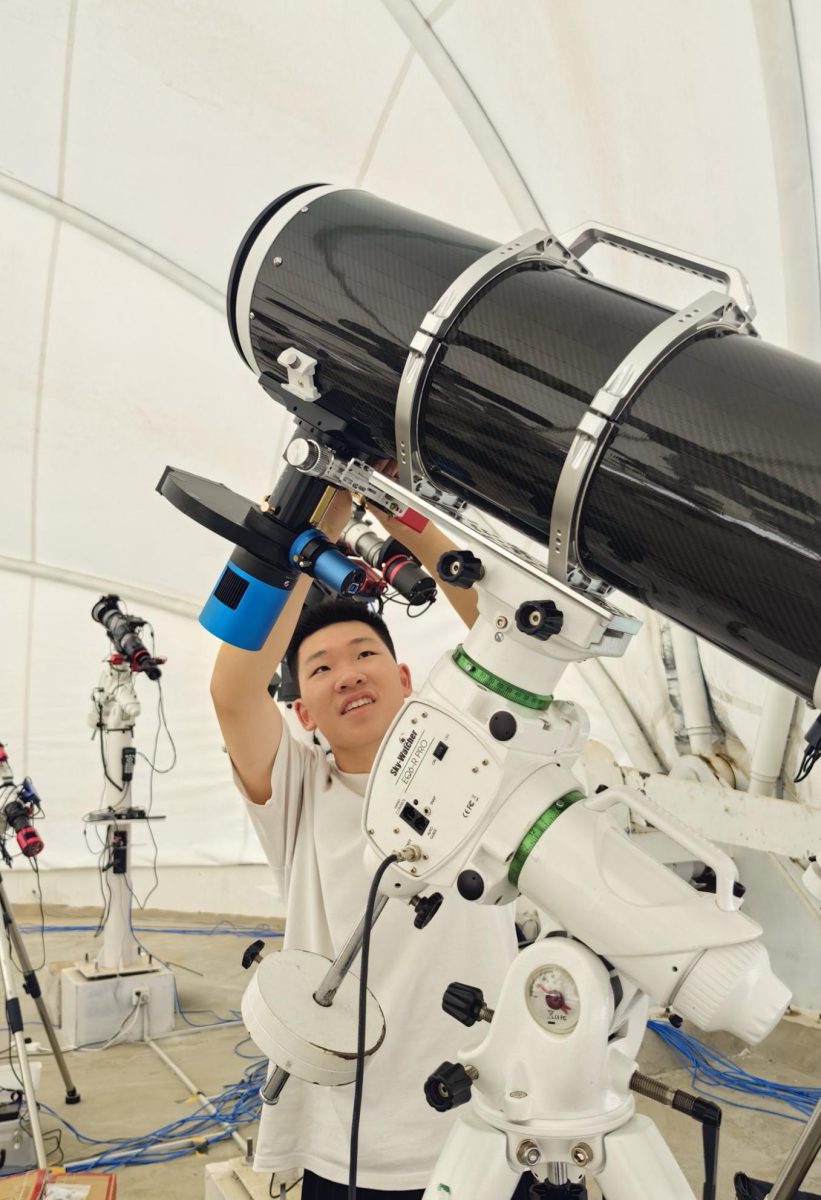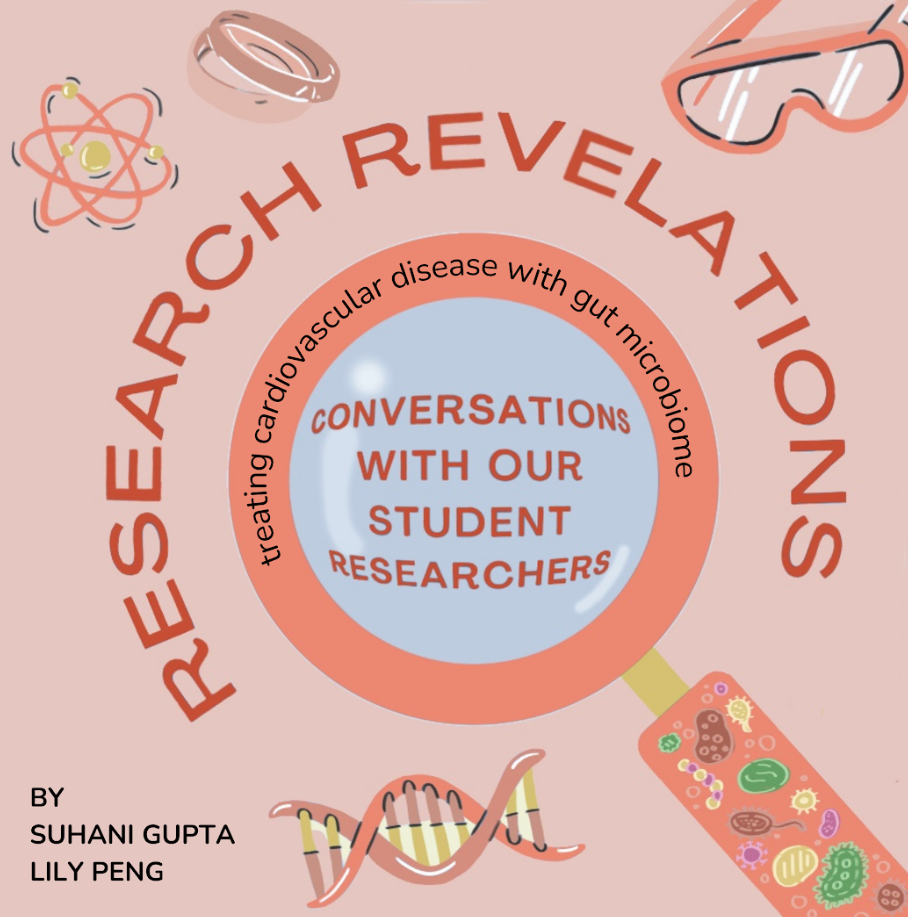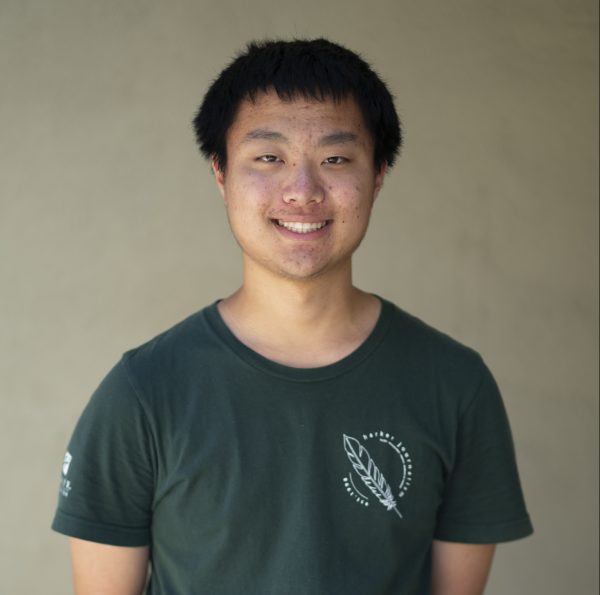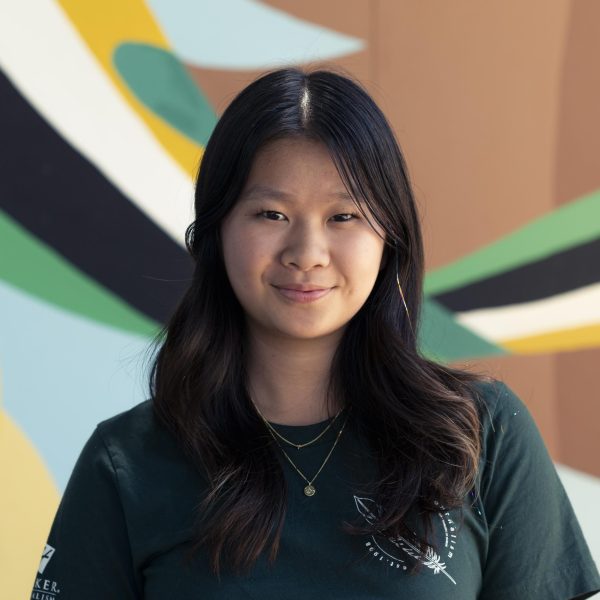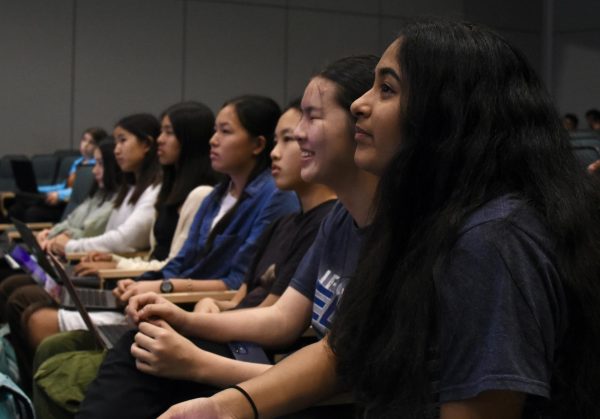
Around 80 upper school students attended the Synopsys information meeting in the Nichols Auditorium on Aug. 25 to learn about the application process and guidelines for the science fair.
Upper school science department head Anita Chetty and research teacher Chris Spenner hosted the meeting, which covered notable dates, necessary forms and a breakdown of the research proposal outline that students will submit for Harker to review.
Students who conducted research at a regulated research institution (RRI) attended the first half of the meeting from 3:15 p.m. to 3:45 p.m. An RRI research project is one that is conducted at a university or college with supervision from a mentor. To be considered for Synopsys, RRI students must submit their proposals by Sept. 22 at 8 a.m.
Students conducting independent research or research at Harker attended the second half from 3:45 p.m. to 4:15 p.m., when Chetty talked about the non-RRI procedure. Projects in this category must receive endorsement from a faculty member by Sept. 25, and students must complete their proposal by Oct. 6. A committee of science department teachers will review and evaluate proposals for both RRI and non-RRI projects.
“Harker is limited in the number of projects it can send,” Spenner said. “The science faculty selection committee tries to admit a mixture of projects [from different scientific fields].”
The Synopsys Championship gives middle and high school students the opportunity to showcase their STEM research, encompassing diverse categories ranging from animal sciences to environmental engineering. This year’s event, scheduled for early March, will be hosted in person in downtown San Jose. Winning projects may have the opportunity to qualify for the California Science and Engineering Fair (CSEF), with top projects invited to the International Science and Engineering Fair (ISEF).
“I have always been passionate about doing science fair[s] and have been doing Synopsys for the past four years,” Victoria Ma (10), who conducted a non-RRI project last year, said. “I found the experience to be incredibly rewarding and very encouraging.”
Claire Tian (9) participated in Synopsys last year as a middle schooler, where her research was accepted into CSEF. Claire plans on maintaining her involvement in Synopsys as a high schooler.
“Since I got a taste of research in middle school, I’ve been interested in continuing,” Claire said. “Doing research in school is a good way to get some experience with not only science and engineering topics but also having a stepping stone for doing a higher level of research in the future.”


















![“[Building nerf blasters] became this outlet of creativity for me that hasn't been matched by anything else. The process [of] making a build complete to your desire is such a painstakingly difficult process, but I've had to learn from [the skills needed from] soldering to proper painting. There's so many different options for everything, if you think about it, it exists. The best part is [that] if it doesn't exist, you can build it yourself," Ishaan Parate said.](https://harkeraquila.com/wp-content/uploads/2022/08/DSC_8149-900x604.jpg)




![“When I came into high school, I was ready to be a follower. But DECA was a game changer for me. It helped me overcome my fear of public speaking, and it's played such a major role in who I've become today. To be able to successfully lead a chapter of 150 students, an officer team and be one of the upperclassmen I once really admired is something I'm [really] proud of,” Anvitha Tummala ('21) said.](https://harkeraquila.com/wp-content/uploads/2021/07/Screen-Shot-2021-07-25-at-9.50.05-AM-900x594.png)







![“I think getting up in the morning and having a sense of purpose [is exciting]. I think without a certain amount of drive, life is kind of obsolete and mundane, and I think having that every single day is what makes each day unique and kind of makes life exciting,” Neymika Jain (12) said.](https://harkeraquila.com/wp-content/uploads/2017/06/Screen-Shot-2017-06-03-at-4.54.16-PM.png)








![“My slogan is ‘slow feet, don’t eat, and I’m hungry.’ You need to run fast to get where you are–you aren't going to get those championships if you aren't fast,” Angel Cervantes (12) said. “I want to do well in school on my tests and in track and win championships for my team. I live by that, [and] I can do that anywhere: in the classroom or on the field.”](https://harkeraquila.com/wp-content/uploads/2018/06/DSC5146-900x601.jpg)
![“[Volleyball has] taught me how to fall correctly, and another thing it taught is that you don’t have to be the best at something to be good at it. If you just hit the ball in a smart way, then it still scores points and you’re good at it. You could be a background player and still make a much bigger impact on the team than you would think,” Anya Gert (’20) said.](https://harkeraquila.com/wp-content/uploads/2020/06/AnnaGert_JinTuan_HoHPhotoEdited-600x900.jpeg)

![“I'm not nearly there yet, but [my confidence has] definitely been getting better since I was pretty shy and timid coming into Harker my freshman year. I know that there's a lot of people that are really confident in what they do, and I really admire them. Everyone's so driven and that has really pushed me to kind of try to find my own place in high school and be more confident,” Alyssa Huang (’20) said.](https://harkeraquila.com/wp-content/uploads/2020/06/AlyssaHuang_EmilyChen_HoHPhoto-900x749.jpeg)



